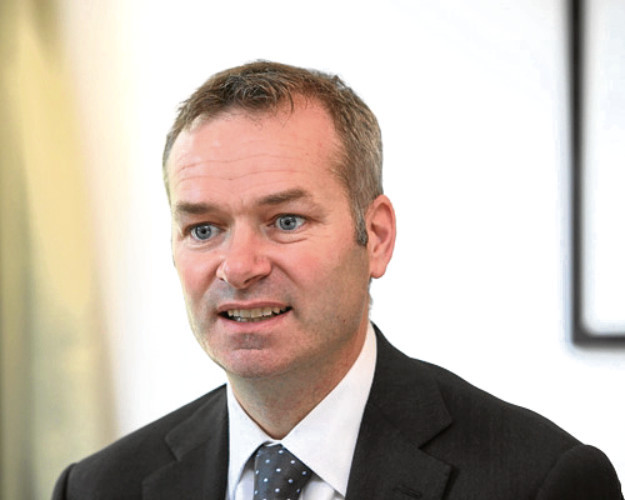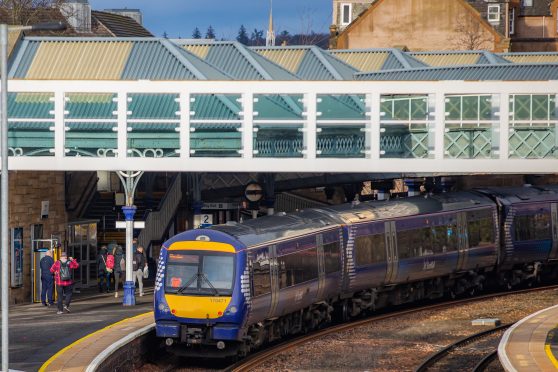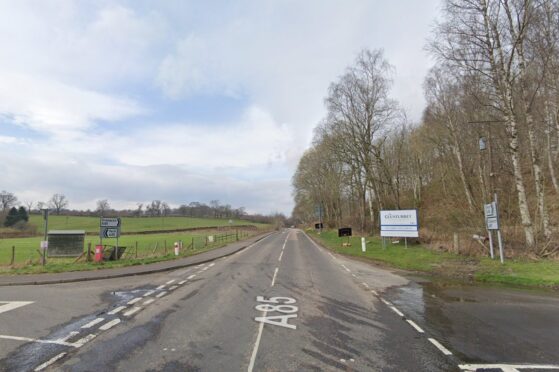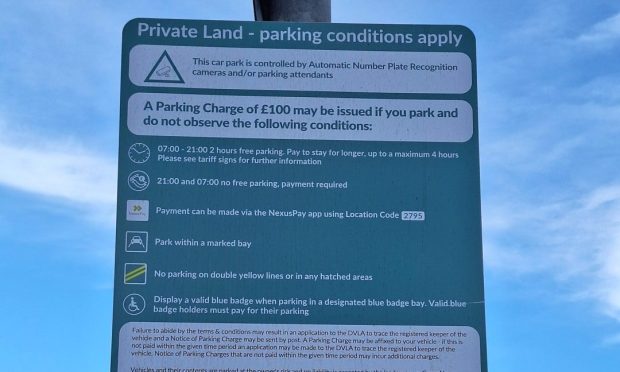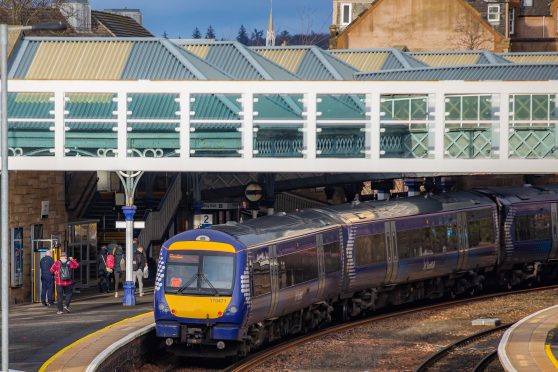Shares in Stagecoach drove ahead early after the Perth public transport giant revealed resilient half year trading.
Interim results for the six months to October 29 were slightly stronger than analyst expectations, with group-wide revenues topping £2 billion, up from £1.97bn a year ago.
At £89.5 million, statutory pre-tax profits for the period were £1.3m lower than the previous year but chief Martin Griffiths said he was “pleased with the performance of the business” given the macro economic climate.
He said the group had achieved its earnings per share target for the period – the 14.4 pence result was below then 17p delivered a year earlier but marginally above City forecasts – and had grown the interim dividend by 8.6% to 3.8p.
“There is a large market opportunity for modal shift from cars to public transport against a backdrop of population growth, urbanisation, technological advancements, and increasing pressure to tackle road congestion and improve air quality,” Mr Griffiths said.
“We remain confident that we can continue to deliver long-term value to our customers and shareholders.
“The prospects for growth in public transport in the UK and North America remain good and we are continuing to invest to ensure that our businesses are a central part of that growth.”
On a sectoral basis, the group delivered a mixed performance.
The regional UK bus business saw revenues fall 1.6% to £513.9m in the period, although earnings from new contract work increased and operating margins remained strong at 13%.
The London bus unit’s performance was stable, although operating margin’s were squeezed to 6.9%.
In North America, where the lower oil price has seen a consumer shift back towards car usage and boosted air competition, total earnings were 2.9% lower at $338.9m.
The sightseeing and tour business continued to be challenged, while the Stateside Megabus operation saw revenues decline by 7.8%.
Stagecoach said it had moved to cut mileage and restructure its midwest operation in response to market conditions.
In Europe, the company exited its Continental megabus business with the sale of its retail operation to Flixbus.
The group had expected to make a small profit on the disposal but it admitted that higher than anticipated exit costs had led to a pre-tax loss on the sale of £2.8m.
The UK rail division delivered improved revenues of £1.09bn and, while operating profits were down 53.2% at £20.5m, the performance was above that forecast.
It said cost efficiencies had helped its result but profits had ben subdued due to increased franchise payments relating to South West trains and Virgin Trains East Coast.
It said passenger revenue growth had been insufficient to cover the higher costs.
However, the company is confident about the rail unit’s longer term prospects with new franchise opportunities and renewals on the horizon.
